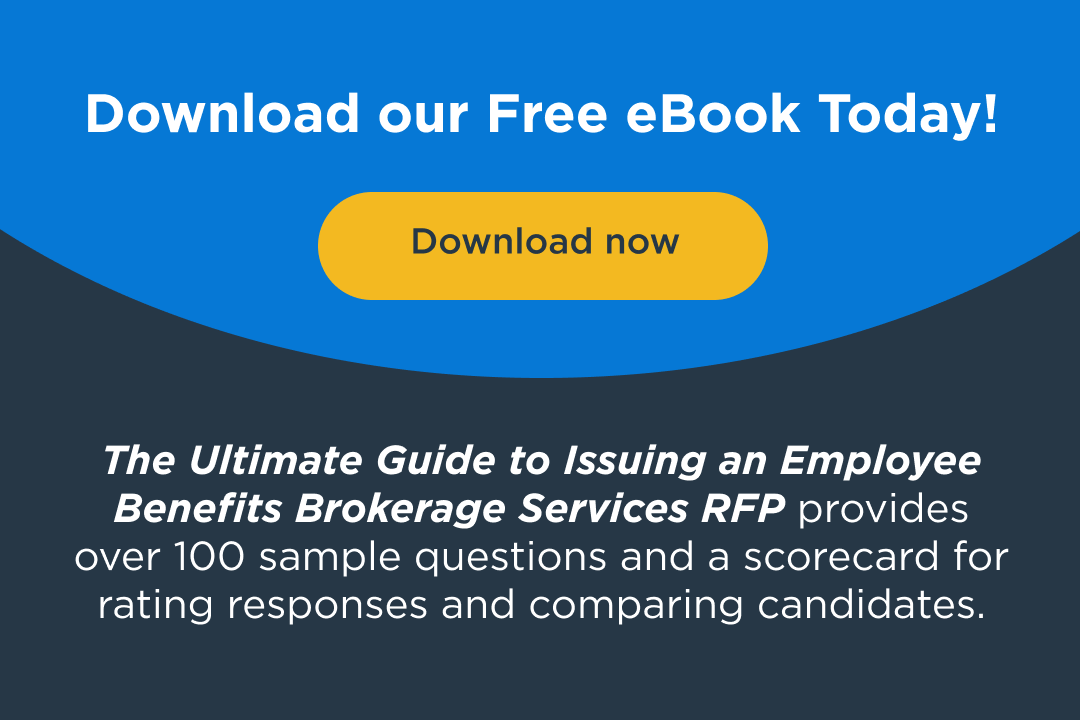How Employers Can Retain Younger Talent in 2025: Top Strategies for Success
May 22, 2025

When hiring an employee benefits broker, one of the most important decisions you’ll make isn’t just who to hire—it’s how to pay them. Benefits brokers are typically compensated in one of two ways: through commissions from insurance carriers or through fees paid directly by your company. Each model comes with advantages and drawbacks, and the right choice depends on your organization’s goals, size, and expectations around transparency and accountability.
Understanding Commission-Based Compensation
In a commission-based model, the broker earns a percentage of the premiums paid to insurance carriers for benefits like health, dental, and vision. These commissions are often baked into the premiums, meaning the employer doesn’t receive a separate bill for the broker’s services.
Pros:
- No direct out-of-pocket cost for the employer, at least on the surface.
- Easier budgeting, as the broker’s compensation is built into the carrier premium.
- Common industry standard, especially for small to mid-sized businesses.
Cons:
- Potential conflict of interest: Brokers may be incentivized to recommend plans that offer higher commissions, not necessarily the best value for your employees.
- Lack of transparency: Employers often don’t see how much the broker is being paid, making it difficult to evaluate the ROI of the relationship.
- Commission may increase with premiums—even if your costs go up due to claim trends or inflation, the broker gets paid more without doing more.
Understanding Fee-Based Compensation
In a fee-based model, the broker charges a flat fee or hourly rate for their services. This fee is paid directly by the employer, separate from the premiums paid to insurance carriers. In some cases, brokers may rebate any commissions they receive back to the employer.
Pros:
- Full transparency: You know exactly what you’re paying for and can hold your broker accountable for deliverables and outcomes.
- More objective advice: Without the incentive of commission, your broker is more likely to recommend benefits that serve your employees’ needs and your company’s goals.
- Better alignment: You can structure fees based on the level of service and expertise you need—whether it’s day-to-day support, long-term strategy, or compliance oversight.
Cons:
- Direct cost to the employer: You’ll see the fee on your balance sheet, which may be a harder sell to finance if you’re used to “free” commission-based models.
- Requires a detailed scope of work: To avoid surprises, you’ll need a clearly defined contract outlining what’s included—and what’s not.
Which Model Is Better for Your Business?
There’s no one-size-fits-all answer, but here are a few questions to help guide your decision:
- Do you value transparency? If understanding exactly what you’re paying for matters to you, a fee-based model may offer more clarity.
- How complex is your benefits program? Larger organizations or those with multi-state operations may benefit from the customized service and flexibility of a fee-based broker.
- Are you undergoing a strategic shift? If you’re rethinking your benefits strategy or tackling a major project like a merger or tech overhaul, a fee-based arrangement allows you to scope and pay for that work directly.
- Do you trust your current broker? Commission-based brokers can still provide excellent, ethical service—but it’s important to ask the right questions about how they’re compensated and whether that influences their recommendations.
Hybrid Models: The Best of Both Worlds?
Some brokers offer hybrid compensation arrangements, blending commissions with supplemental fees for strategic consulting, compliance support, or employee engagement services. These models offer flexibility but require careful documentation to avoid confusion or double payment.
The Bottom Line
Hiring a benefits broker is a high-stakes decision—your partner will influence everything from employee satisfaction to regulatory compliance and overall costs. Choosing the right compensation model can help set the tone for a transparent, strategic relationship that drives long-term value.
At HUB Southwest, we work with clients across both commission and fee-based structures, tailoring our approach to what fits your organization best. We believe in transparency, accountability, and strategic partnership—no matter how we’re compensated.


